
Effective Board Governance: Newly Updated and Re-imagined
Ever sat in a board meeting unsure what you're actually supposed to be deciding—and what you should leave alone? Ever watched a disagreement between board and executive director spiral because no one was clear on the boundaries?
Most board members get little or no orientation. They're handed…
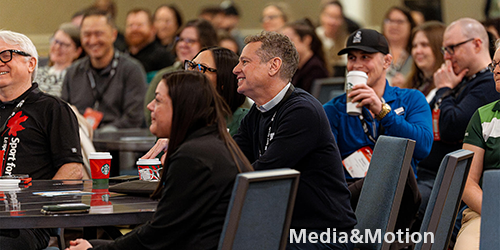
Sport for Life and Sport Calgary Deliver Meaningful, Impactful Summit
More than 250 people joined us in Calgary at the 2026 Sport for Life Regional Summit, delivered in partnership with Sport Calgary. Leaders from across the country came together at the Westin Calgary Downtown with a commitment to sharing, learning, and ultimately strengthening sport and physical activity…
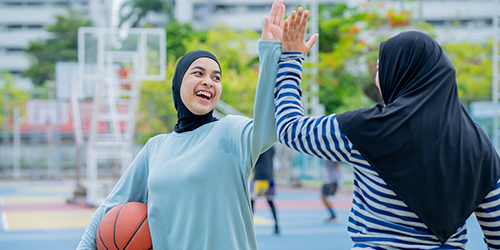
Ramadan 2026: Supporting Muslim Sport Participants
Ramadan begins February 18, 2026 and ends March 19, with an Eid celebration.
For Muslim sport participants—including many who are new to Canada—fasting from dawn to sunset presents unique considerations during their participation in sport activities including training and competition.
In…
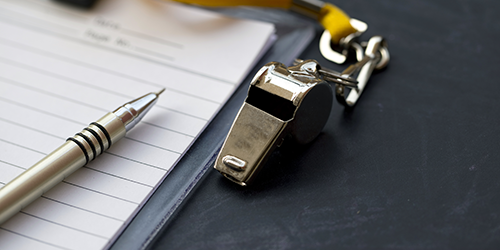
Eight Canadian Post-Secondary Institutions Join Sport for Life’s Post-Secondary Partnership Program
Sport for Life welcomes eight new post-secondary partners this winter, marking several firsts for the program as it expands beyond Physical Literacy Leader certifications.
Brock University becomes the first institution to offer Quality Sport Leader – Level 1 to its students. This certification…
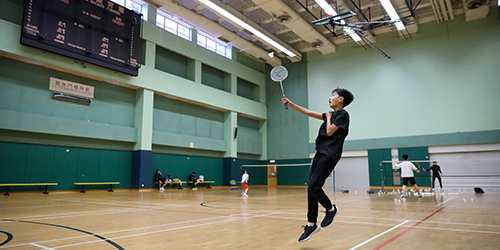
90% of Elite Youth Performers Never Become Elite Adults
For years, the Long-Term Development framework has made a case that runs against the grain of how most youth sport actually operates: don't specialize early, embrace multisport participation, let development happen gradually, and stop assuming your best 12-year-old will be your best adult.
The…
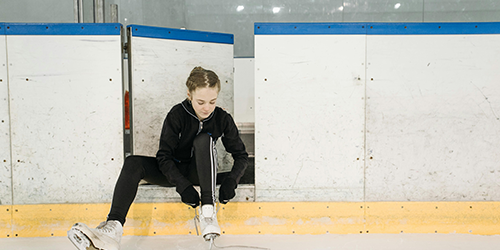
The Hidden Cost of Early Specialization: A National Sport Leader’s Personal Story
Despite a successful career as an elite synchronized skater, Mariane Parent has a confession: she's afraid of balls. And her story reveals exactly why Sport for Life's Long-Term Development framework matters.
Mariane Parent stands at the helm of Réseau accès participation (RAP), a Sport for…
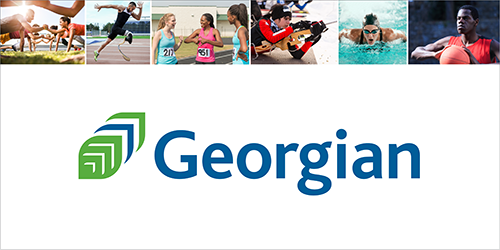
Sport for Life Expands Post-secondary Partnership Program with Georgian College
Sport for Life's national Post-secondary Partnership Program grew in fall 2025 with the addition of Georgian College to its network of educational partners. This collaboration joined successful partnerships with institutions including Acadia University, Algonquin College, Cambrian College, Collège…
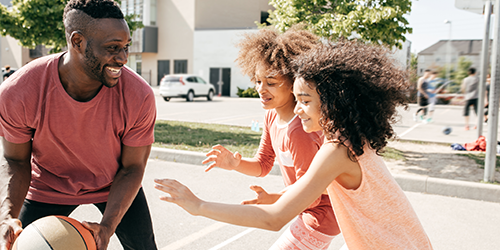
PLAY Tools: Observe Physical Literacy, Don’t Just Guess at It
A coach watches a 10-year-old trail behind teammates in the drill line. Is she hesitant because she doesn't understand what to do? Because she lacks confidence? Because her throwing mechanics need work? Or because she prefers to watch others first before attempting something new?
Without a structured…

6 Questions to Ask When Evaluating Your Program Quality
Canada has over 30,000 sport and recreation organizations—and dropout rates remain stubbornly high. The uncomfortable question for any program leader: Is your program actually as good as you think it is?
Research consistently shows that negative experiences—feeling excluded, unchallenged, or like…
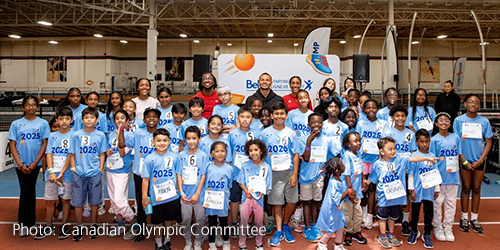
How National Partners Are Using Sport for Life’s New-to-Canada Pathway to Transform Newcomer Sport Participation
Bell Starting Line built its entire methodology around Sport for Life's framework—here's why that matters.
87% of newcomers say participating in activities that make them feel comfortable and welcome increases their sense of belonging in Canada. Yet newcomer youth remain significantly underserved…
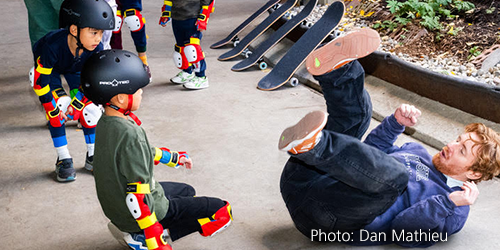
100 Boards, 100 Kids, One Day: Canada Skateboard’s First Newcomer Initiative
When 100 newcomer children arrived at a Toronto venue this fall, most had never stood on a skateboard. By the end of the day, they were cruising around a custom-built skate park—and they got to take their boards home.
The initiative, a partnership between Canada Skateboard, Sport for Life, and Bell…
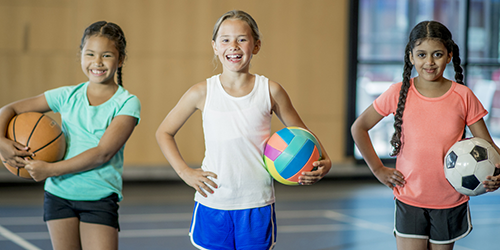
Why Girls Stay and Boys Explore: A Gender Gap in Youth Sport Specialization
Episode 51 of "Jouer comme une fille" reveals how gender shapes early specialization—and why the sport system needs to address it differently for girls.
When Guylaine Demers and Marc Durand launched their French-language podcast "Jouer comme une fille" (Playing Like a Girl), they had a clear mission:…
